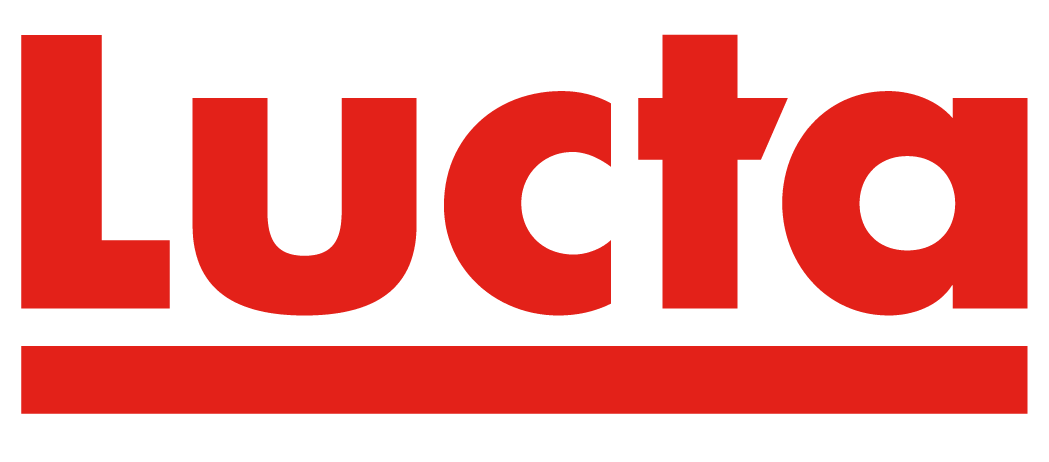Feed additives including flavours and umami compounds could be beneficial for improving palatability and functionality of fish diets, especially when dietary fishmeal is replaced by plant-based protein sources. Aimed to apply the proposed new strategy in shrimp production, the present study was designed to test the effect of supplementation of a squid flavour and umami palatability enhancers to fishmeal-reduced diets on feed intake and growth performance of shrimp. White shrimp with average initial body weight of 7.3g were randomly distributed in 21 tanks (40 shrimps/tank) with continuous flowing brackish water. They were provided with one of the following 7 diets (3 tanks/group) for 4 weeks: standard diet containing 30% fishmeal; two fishmeal-reduced diets containing 18% or 6% fishmeal; fishmeal-reduced diets with 0.1% squid flavour plus 0.3% umami; fishmeal-reduced diets with 0.1% squid flavours plus 0.6% umami. A feeding behavior trial was also carried out comparing a control low (6%) fishmeal diet with the same diet with 0.1% squid flavour plus 0.6% umami supplementation. Statistical analyses including one-way and two-way ANOVA were used for testing treatment effects on growth performance among all groups, and between the main factors of dietary fishmeal level, palatability enhancers’ supplementation and their interaction. The study found that supplementation of 0.1% squid flavour plus 0.6% umami products reduced (P<0.01) shrimp waiting time for approaching and start eating feed. Fishmeal-reduced diets resulted in lower (P<0.05) growth rates compared to the standard 30% fishmeal diet, whereas the supplementation with the two palatability enhancers diminished such differences. The analysis on the main factors also found that the supplementation with either 0.3% or 0.6% umami plus 0.1% squid flavour increased (P<0.05) shrimp growth performance and net meat percentage. Comparison between treatments with reduced-fishmeal found that the 6% fishmeal diets caused lower (P<0.05) growth rates than the 18% fishmeal treatments. There was no significant difference on body protein and amino acid compositions among the groups. In conclusion, the study suggests that diet supplementation with squid flavour and umami products can be an effective strategy to counteract the reduction in feed palatability and growth performance of white shrimp fed fishmeal-reduced diets.
Autores: Guangxu Liu, Haifeng Wang, Jiahuang Rong, Sofia Morais, Maolong He
Libro/Revista: Conference: International Symposium on Fish Nutrition and Feeding (ISFNF2018), Las Palmas de Gran Canaria, Spain
